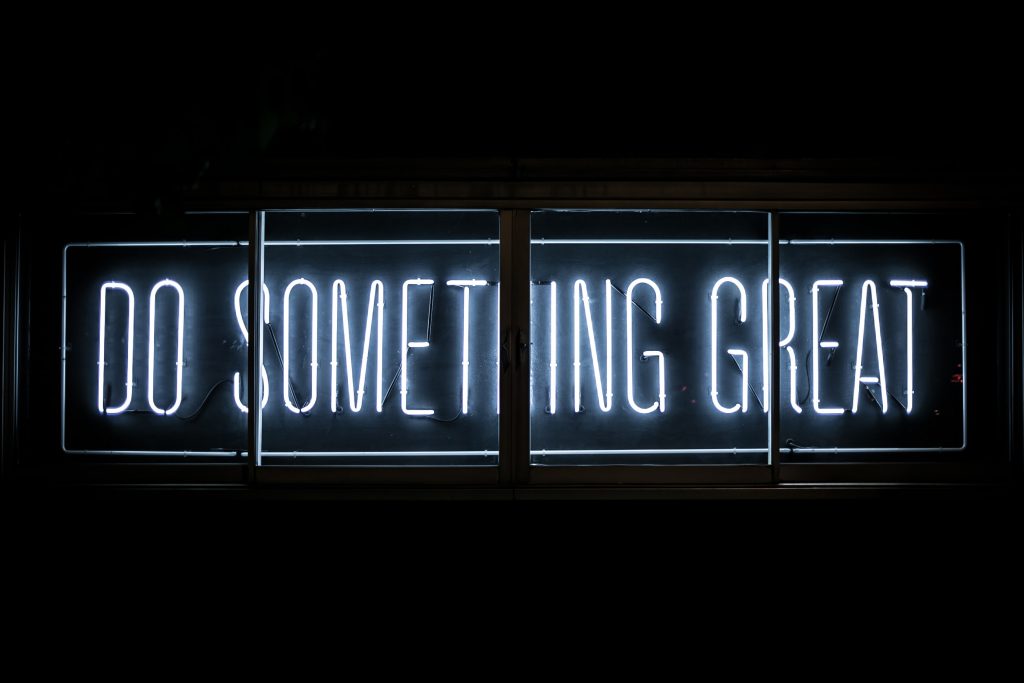The academics – led by Dr Erika Laredo, Senior Lecturer in youth work and community development in the School of Health at Leeds Beckett – will work with a team of partner organisations across Europe, including non-governmental organisations (NGOs), small businesses and community-based organisations specialising in social inclusion, youth work, entrepreneurship, education, cultural heritage and tourism.
Dr Laredo explained: “The Covid-19 pandemic has really emphasised inequality in many ways – particularly for more disadvantaged young people. It has created a digital divide, limited youth work programmes – which can no longer take place face-to-face – and it has limited movement and engagement in public gatherings. Over the last several decades, we have also seen a decline in young people’s civic participation – for example, participating in voting and affiliation with political parties – particularly in young people aged 18 to 24.
“Through our new project, we are going to collaborate with a team of around 120 young people from disadvantaged social groups, aged around 13 to early-20s, across our European partner countries, to find out what really works in terms of engaging and motivating young people to get involved – using digital platforms – in their local communities and civic activity.”
The team will use creative arts – from drawing to theatre and filmmaking – to co-produce online training sessions with the young people which can be used by youth organisations across the world to attract young people into civic engagement spaces and social responsibility in their communities.
Dr Laredo said: “Research shows that participating in activities that use creativity and arts enhance confidence, self-awareness, and self-presentation. We often see young people who don’t think of themselves as particularly creative at school really enjoy the arts in a more informal setting. Using creative approaches can be a powerful way of sharing, discussing, understanding experiences and inspiring and making change happen.”
The training sessions will then be piloted with the young people in all six of the partner countries – the UK, Italy, Turkey, Portugal, Ireland, and France.
The team will then create:
- A ‘train the trainer’ package – a knowledge base of what works and why and online course methodology for use by youth workers, educators and leaders to mobilise young people to get involved in online civic spaces; and
- A guide for community organisations to help them to work with disadvantaged young people, using digital platforms, to increase their confidence and creative leadership skills needed in the workplace.
Dr Laredo explained: “Civic engagement is really anything that young people can take part in which makes them take pride in their city or region. We want to encourage them to take on responsibility and develop their own voice, autonomy, and sense of initiative.
“The training sessions we will develop will be informal and use fun activities that will be appealing to young people – helping them express ideas of pride and confidence and make them want to get involved in activities beyond themselves and their friendship groups. Citizenship education can create informed, critical, socially and morally responsible global citizens, who can really make a difference in their communities.”
As part of the project, the team will examine existing programmes which are developing young people’s skills and feelings of inclusion, giving them the confidence to become youth ambassadors and engage with their communities.
Dr Laredo said: “We are interested in how youth workers have been continuing to work successfully with young people throughout the pandemic, moving their work online into virtual communities. It has been exciting seeing how youth workers have been using Zoom and WhatsApp creatively in their work; and now we want to look at how we can develop these ideas, to use them now and into the future, to help support young people in building their identities. We want to ensure we capture the great work that is being done during the pandemic and take on the positives rather than losing it.”
The team will be working with Young Civil Society Organisations and will be recruiting volunteers from a variety of socially disadvantaged backgrounds such as ethnic minorities, migrants, the LGBTQ+ community, and students with special educational needs and disabilities (SEND).
The two-year project begins in May 2021 and has received funding of €277,460 from Erasmus+. The project will directly support the European Union Youth Strategy 2019-2027 – which aims to encourage young people’s involvement in volunteering activities and projects in the civil society sector.




